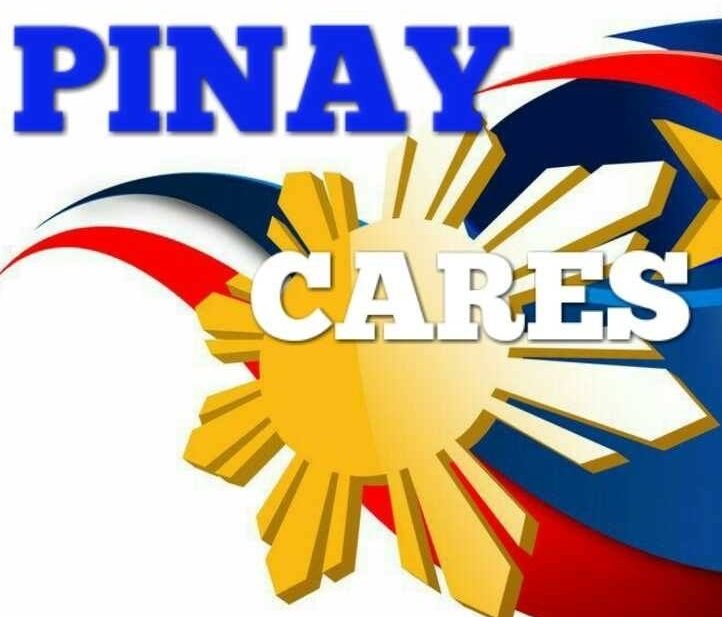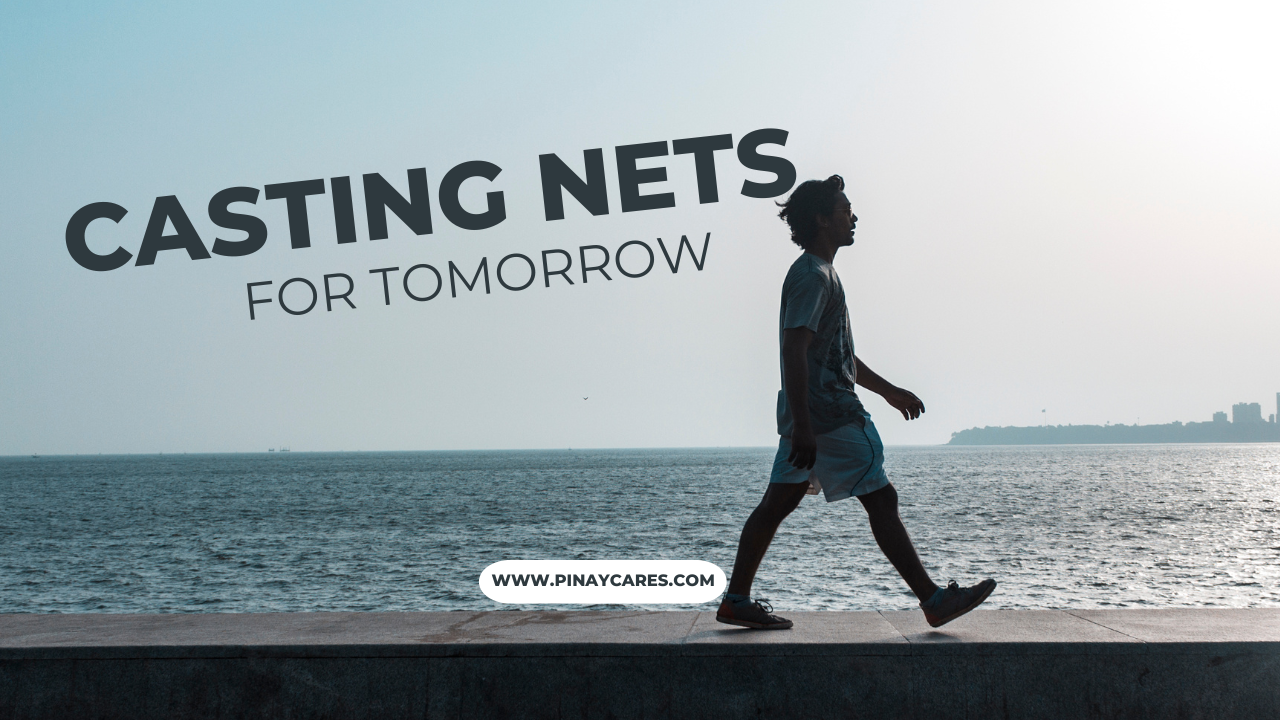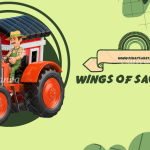Mario grew up in Samar, where the sea was not just scenery it was life itself. His father was a fisherman, and from a young age Mario learned how to mend nets, steer a small boat, and read the tides. While other children spent their afternoons playing basketball, Mario was often helping his father pull in the day’s catch. He loved the ocean, but he also knew its hardships. There were days when the sea was generous, filling their nets with fish, and there were days when they returned home empty, their stomachs growling.
When Mario became a father himself, he realized that fishing in his hometown could no longer sustain his growing family. His wife sold dried fish and vegetables in the local market, but their income was barely enough for rice, school expenses, and medicine. One day, his cousin told him about a job opening in Oman for fishermen. The pay was far higher than what he could ever earn at home, though it meant leaving his wife and three children behind. After much prayer and discussion, Mario decided to take the risk.
Stepping into the Gulf waters was a completely new experience for him. Unlike the small wooden boats in the Philippines, the fishing vessels in Oman were larger, equipped with advanced equipment GPS trackers, echo sounders, and heavy-duty nets. At first, Mario felt overwhelmed. The crew consisted of men from different countries India, Bangladesh, and the Philippines all working together despite language barriers.
Mario’s daily life revolved around the sea. His shift often started before dawn, preparing the nets and ensuring all safety equipment was in place. Hours were spent out in open waters, sometimes battling rough waves and scorching sun. The work was physically demanding hauling heavy nets, sorting fish, and packing the catch in ice. There were times when he returned to shore with aching muscles, his clothes soaked in seawater and sweat. But Mario persevered, driven by the thought of his children studying back home.
The sea taught him lessons beyond fishing. He learned teamwork and patience, especially during long trips where he and his crew spent weeks offshore. Homesickness often hit him hardest at night, when the waves were calm and he looked up at the same moon his family might be watching in the Philippines. On one call home, his youngest daughter said, Papa, when I see the ocean, I think of you. Those words gave him strength to keep going.
As years passed, Mario became one of the most reliable men on the crew. He learned to operate machines, handle different fishing gear, and even train new circuits. His supervisors often trusted him with important tasks, knowing Mario had both skill and dedication.
His sacrifice bore fruit. With the money he sent home, his wife expanded their small market stall into a grocery store. His eldest son entered college, something Mario had only dreamed of for himself. He also managed to buy a second hand boat for his brother back in Samar, ensuring the family tradition of fishing continued.
When Mario returned home for his first vacation after three years, his children ran to the shore to meet him, their laughter mixing with the sound of waves. His wife, holding back tears, said, You left us to work in the sea, but because of you, we now have solid ground to stand on.
Mario realized then that his journey as a fisherman abroad was more than just casting nets for fish. He was casting nets of sacrifice, resilience, and hope pulling in just food, but a brighter tomorrow for his family.



